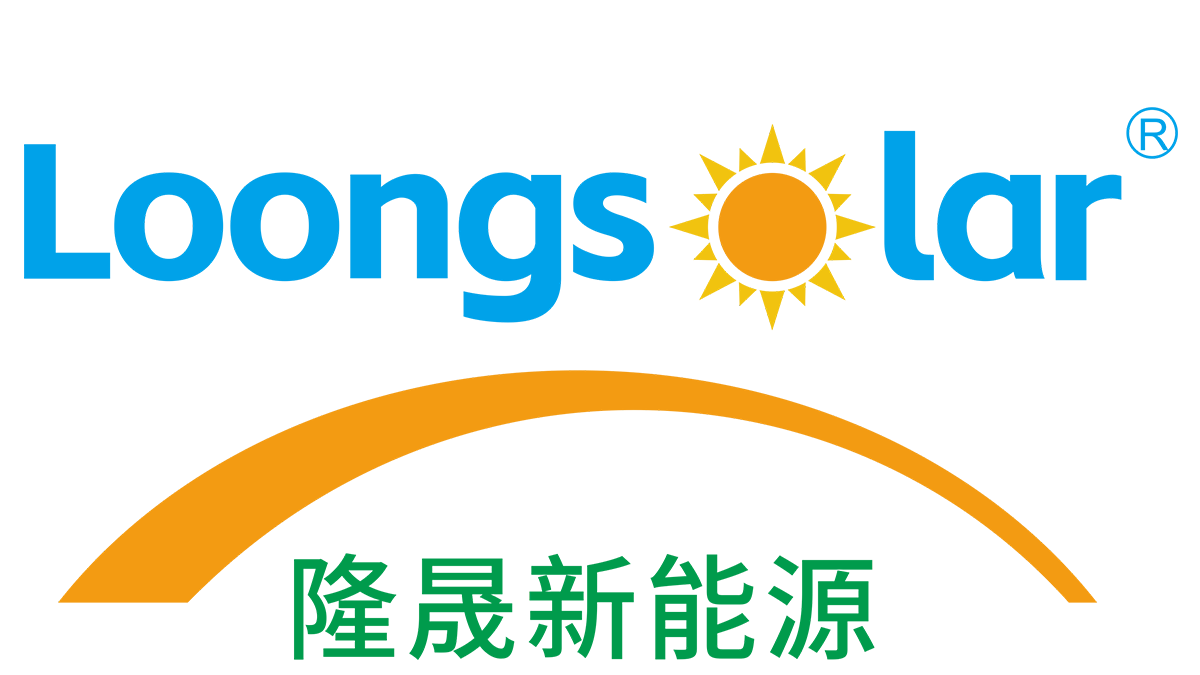As concerns over the environment increase and more energy has to be paid for increasingly, the utility of solar power systems has been found out to be effective. Since the energy is derived from the sun, the systems provide an alternative source of electricity that is free and renewable powering houses, offices and even societies. Due to ionizing technologies, solar energy has become easy to use and more efficient more than ever.
Out of solar power systems, their clean energy generation stands out as one of the biggest benefits. By producing energy generation that does not release pollutants and greenhouse gases, solar power minimizes the impact of people on the environment and therefore helps to alleviate global warming. Also, the systems come with very low recurring costs and have a long operational period making them affordable over time.
Solar power systems can be found in various nooks and corners, such as commercial solar panels mounted on the rooftops, ground-mounted panels arrays, and solar water heaters. Every one of these systems come with their own distinctive merits and uses for end-users, depending on their peculiar situation and requirements. A case in point is rooftop solar panels which suit the need for putting electricity in homes and office buildings which have little room, whereas ground mounted solar panels are suitable for large scale setting up of vortices.
The pursuit of solar energy systems would not only end in environmental sustainability but may also tap into tangible economic gains. Most of the time, through net metering, excess electricity generated by the home or business can be sold back to the grid, thus earning money in the process. Also, the use of solar energy in a home can enhance the selling price of that home and offer protection from high energy costs in the future.
With the ongoing quest for clean energy sources, the solar power sector is on a growing trajectory. The increase of efficiency and the reduction of costs of solar power technologies are facilitated by the developments in technology and to some extent, the greenhouse gas abatement policies. In the days to come, people trust that the applications of solar energy would meet more of the energy management challenges and contribute towards a better world.
The solar power industry is expected to continue its rapid growth in the coming years, driven by factors such as falling costs, increasing environmental awareness, and supportive government policies. Technological innovations, such as the development of more efficient solar panels and energy storage solutions, will further enhance the viability and attractiveness of solar power. Additionally, the integration of solar power with other renewable energy sources and smart grid technologies will create more resilient and sustainable energy systems.






